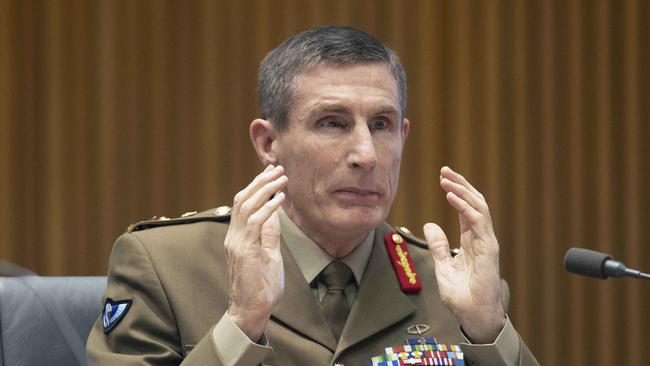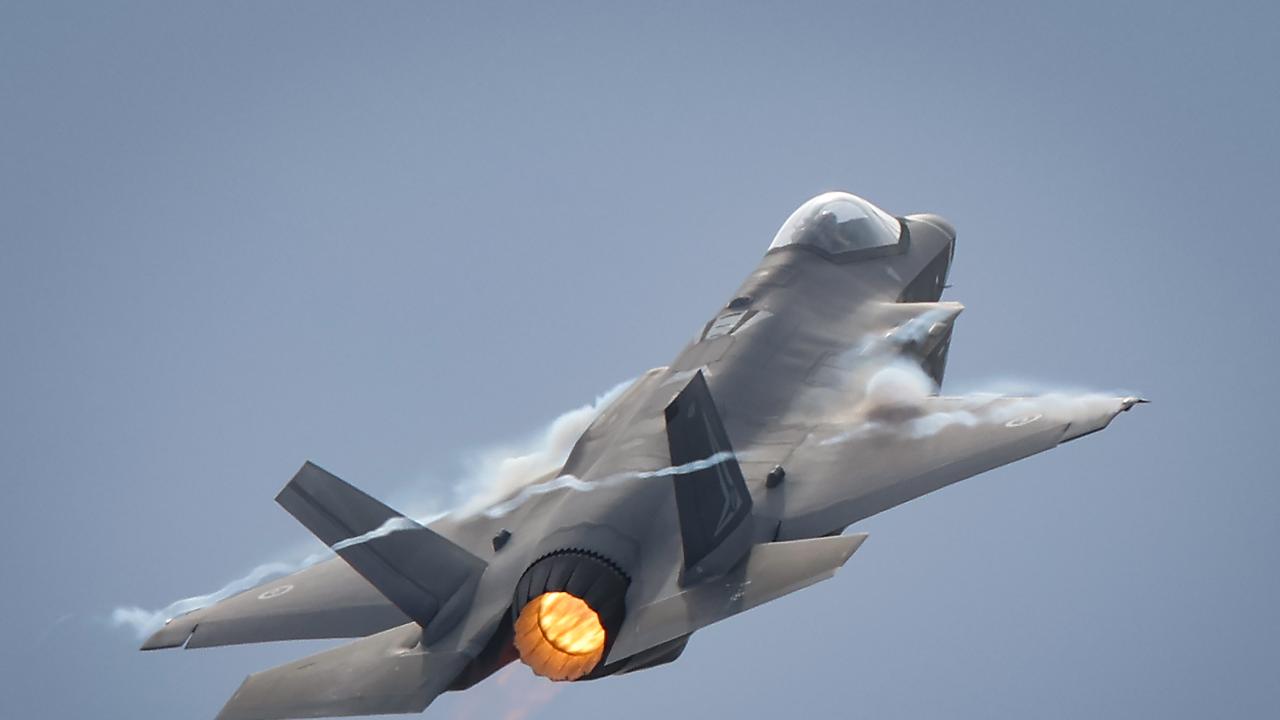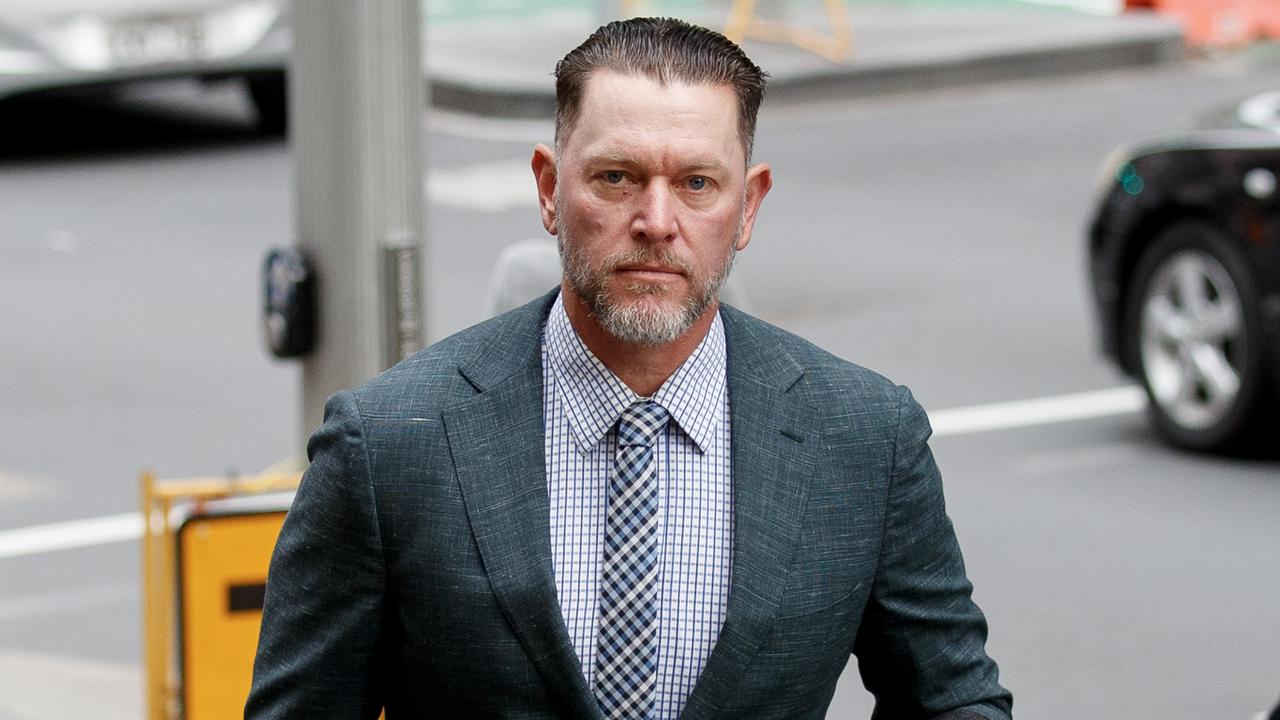Defence’s darkest secrets to shed light on a debased culture
When Chief of the Defence Force Angus Campbell releases the public version of the Brereton war crimes report, he will air Defence’s darkest secrets, which have festered for more than a decade.

When Chief of the Defence Force Angus Campbell stands up in Canberra on Thursday to release the public version of the Brereton war crimes report, he will air Defence’s darkest secrets, which have festered for more than a decade.
The report will allege terrible acts were committed; that civilians and unarmed prisoners were callously murdered; that weapons were planted on bodies; that detainees were bashed and tortured.
Some of Australia’s most highly trained and decorated soldiers — selected for their ability to deliver lethal but precisely controlled force — will be accused of abandoning their moral code in the mountains and fields of Afghanistan as they raced to chalk up more kills than rival units.
Defence insiders say the cultural problems in the Western Australia-based Special Air Service Regiment, which will bear the brunt of the Brereton inquiry’s findings, were a long time in the making.
Major General Jeff Sengelman was confronted by the cultural problems he discovered at Perth’s Campbell Barracks when he visited in early 2015 as the nation’s newly appointed special operations commander.
Guns and ammunition were unaccounted for. Soldiers were socialising with bikies and bad-boy footballers. Strippers were tolerated at on-base parties by high-ranked non-commissioned officers, battle-hardened corporals and sergeants had so much swagger they made it clear to officers who ran the regiment.
Said one former operator: “It was like watching Euro League footballers on €5.6mil contracts taking orders from team management. The normal rules didn’t apply.”
General Sengelman, who has refused interview requests throughout the Brereton inquiry, asked soldiers to contact him if they were willing to talk. He received about 200 responses.
He appointed consultant sociologist Samantha Crompvoets to interview special forces operators to validate his concerns.
She told 60 Minutes on Sunday she was horrified to hear of “killing as a sport” and summary executions being “celebrated and normalised”.
General Sengelman took Dr Crompvoets’s report to General Campbell, who called in the Inspector-General of the Australian Defence Force in 2016 to take charge of the investigation.
NSW Supreme Court judge Paul Brereton’s report for the IGADF is said to run to more than 500 pages, detailing at least a dozen serious war crimes.
Australians will learn “brutal truths”, Scott Morrison has warned.
At least 10 special forces operators will have adverse findings made against them but won’t be named. Much of the evidence against them, gathered in interviews with more than 350 witnesses, also cannot be revealed because it could taint future prosecutions.
The report will also examine the culture and leadership of the nation’s two elite special operations units, the SASR and Sydney-based 2nd Commando Regiment.
The Prime Minister and Defence Minister got out ahead of the report’s release, announcing last week that a special investigator will be responsible for preparing war crimes prosecutions, and a new oversight panel will report on Defence as it implements “cultural, organisational and leadership change”.
They will be far away from the Ngunnawal Theatre at Defence’s Russell headquarters, when General Campbell presents the Brereton report’s unclassified findings.
He initiated the inquiry, and will own Defence’s response to it, along with current Chief of Army Rick Burr.
In a rare press conference, the CDF will face key questions: First, what went wrong, and how will he fix it?
The Brereton inquiry will make findings on the command failings that contributed to the toxic and illegal kill culture.
But General Campbell — a beret-qualified former SAS troop commander who led Australia’s Middle East operations in 2011-12 — will have his own assessment of why the revered units fell into disrepute, and what must be done to remedy the problems identified.
Short courses on ethical leadership and support to “live better” are unlikely to cut it, unless they’re reinforced by root and branch cultural reform.
Second, who is accountable? In all the thousands of words of reporting and interviews on the subject, not one commander has been identified as being responsible for the biggest moral and reputational disaster to hit the Australian Army in living memory.
The point is not lost on hundreds of ethical special forces soldiers and veterans, including many who gave evidence to the Brereton inquiry and whose reputations will be stained by its findings.
Two news articles have been widely circulated in special forces circles ahead of the report’s release.
One is a 2008 Reuters report detailing the resignation of French General Bruno Cuche after a soldier fired live ammunition instead of blanks at a weekend military show, injuring 17 people.
Then-president Nicolas Sarkozy said he expected the armed forces “to draw every consequence with regards to the way they are organised and function”.
The second is a 2014 ABC report on the resignation of India’s then-chief of navy Admiral DK Joshi after a submarine accident off Mumbai that saw two sailors lost and seven injured.
A group of serving and former SAS operators, writing anonymously in an article published by The Australian this week, said the accusations of war crimes “cut to the very core of the SASR”.
“There is absolutely no place in the ADF, least of all in the SASR, for any individual who believes they are untouchable or above the law,” they said.
But they say Defence leaders should also shoulder responsibility for the crisis. “Just as we embrace truth in reporting, we demand our leadership to do the same. We hold our leadership to the same unforgiving standards to which we hold our teams, and ourselves, individually.”




To join the conversation, please log in. Don't have an account? Register
Join the conversation, you are commenting as Logout